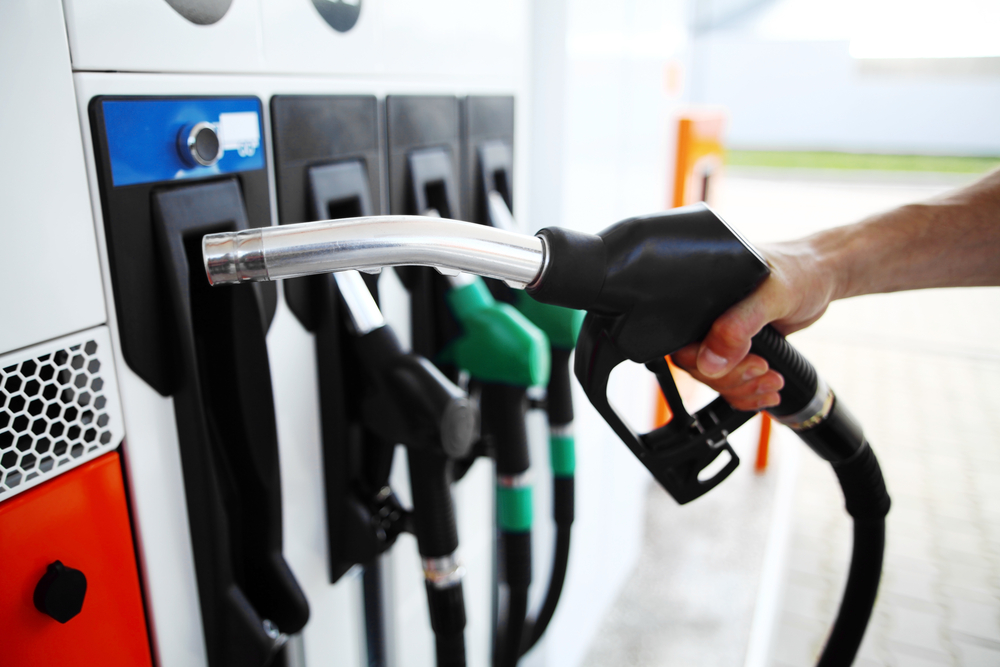Canada News
Future oil prices, pipelines have little impact on emissions, NEB report says
TORONTO—Energy consumption and greenhouse gas emissions in Canada will continue to grow over the next 24 years regardless of whether oil prices rise or pipeline projects are built, a report from the National Energy Board says.
“Scenarios like high or low oil and natural gas prices, or whether or not we build pipelines or we build LNG terminals … are not sufficient to put Canada on a path to declining greenhouse gas emissions,” said board chairman and CEO Peter Watson, who presented the report’s findings to the Toronto Region Board of Trade.
The study released Wednesday takes a long-term view of the country’s energy future and expects power consumption to grow by about 20 per cent by 2040.
The markets will supply Canada’s demand for energy, and fossil fuel consumption and greenhouse gas emissions are anticipated to increase. Fluctuating oil prices or possible future development of pipelines don’t necessarily impact this, Watson said.
The report offers a number of projections.
Under one scenario, it expects oil prices to climb to US$80 per barrel in four years, with that rising to US$105 per barrel by 2040. In that case, Canadian energy production is forecast to increase 56 per cent to 6.1 million barrels daily by 2040. The Canadian Association of Petroleum Producers forecast daily production at 3.9 million barrels last year.
If no new pipelines are built during that time, oil production would be 5.6 million barrels daily by 2040. The more expensive alternative of rail would be used to ship the oil, causing lower prices for producers, but many projects would still remain profitable, the board said.
If oil prices remain lower for longer—staying closer to US$55 a barrel in 2020 and only reaching US$80 a barrel by 2040—production won’t be affected much for the next three to four years, the report said, thanks to momentum created by new oilsands projects or those under construction. But production would be essentially flat after 2020, plateauing at about 4.8 million barrels daily for the following 20 years.
“What will make a difference in our emissions over time is more consistent, aggressive and targeted greenhouse gas policy frameworks,” Watson said.
“We’re seeing some of those emerge in Canada today,” he continued, though he did not specify what they were.
Watson said making long-term energy projections can be more difficult as the federal government begins to form policies following the climate change talks in Paris, where it committed to keep global warming below two degrees C.
“It’s too early to really understand how much of an impact that will have,” Watson said.
Possible changes in policy abroad can also impact the projections.
The board plans to update the report this fall to reflect new policy developments.






















